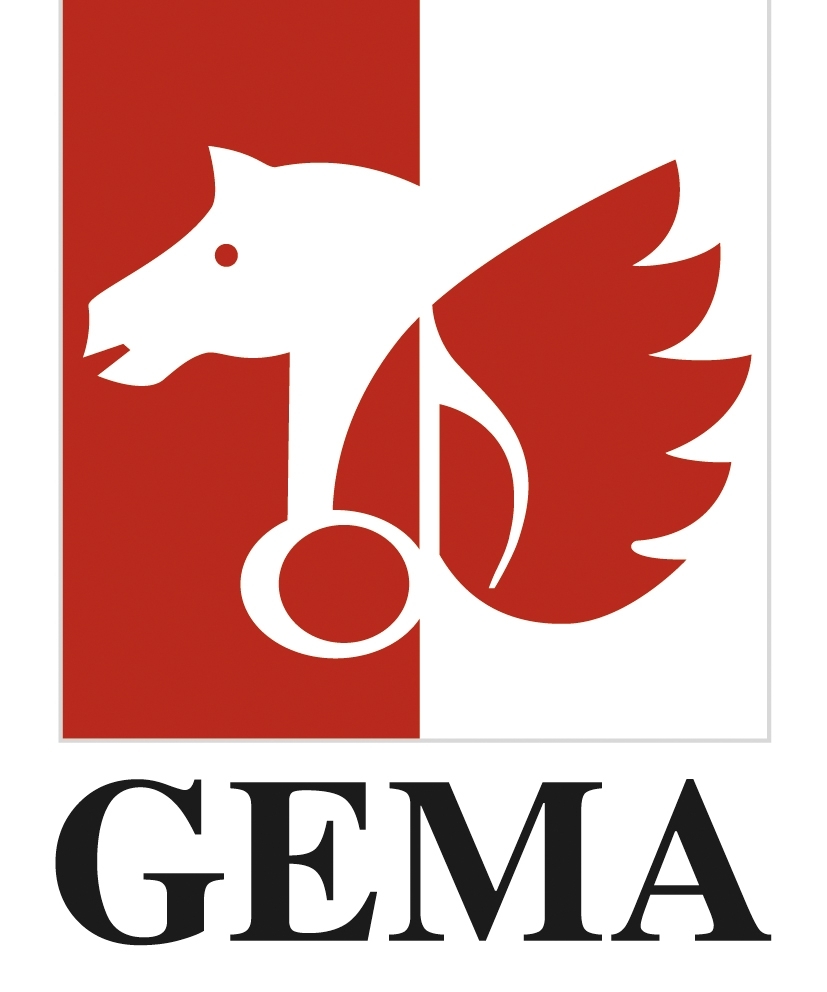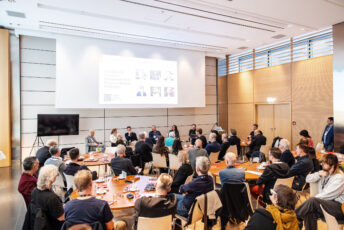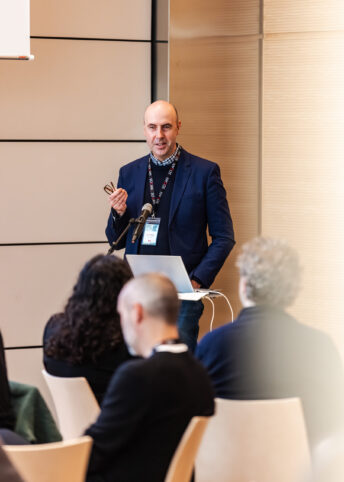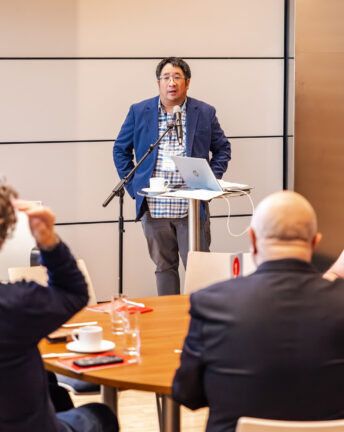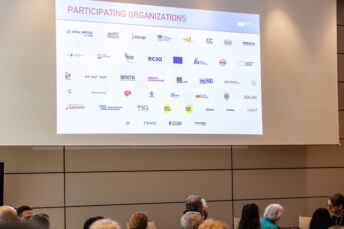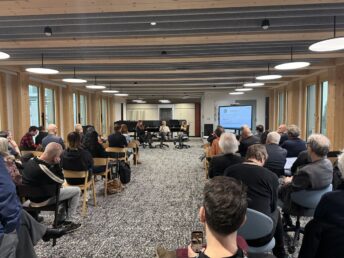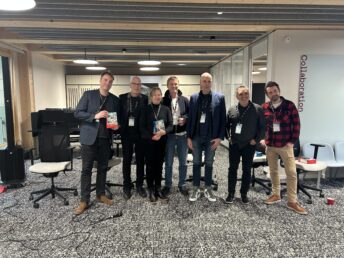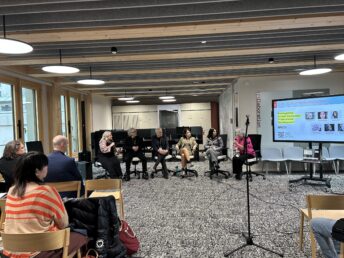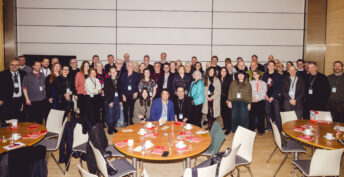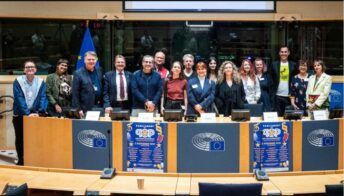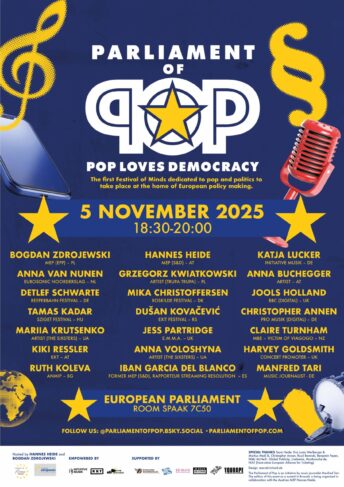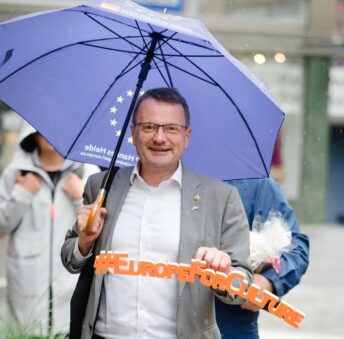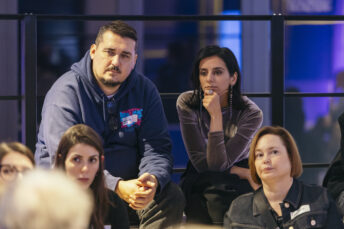Joint Music Sector Statement: YouTube’s Fact Free Fear-Mongering
YouTube’s campaign against Article 13 of the Copyright Directive shows a lack of respect for the EU democratic process of law making. The revisions to the Directive have been under discussion for over four years already and the three main institutions of the European Union have all given their position. The Commission, Council and Parliament have all reached the same conclusion, that there is a value gap, also referred to as a transfer of value, where user upload services are making vast sums of money on creators’ content uploaded by their users, but not paying the right holders who own that content fairly. The result is a serious distortion in the European digital market place which harms right holders, other digital services and citizens. To correct that situation, platforms like YouTube should have to take responsibility for the content they use and monetise, by fairly remunerating their creators and right holders.
YouTube constantly refers menacingly to ‘unintended consequences’ if the Directive is adopted, and threatens to block content, instead of showing willingness to observe laws and fairly remunerate right holders. In fact, the Directive will bring fairness. Fairness for all platforms by creating a level playing field where everyone is playing by the same rules and fairness for right holders who will be properly rewarded for their creative content. It’s in our interests to boost online creativity, not restrict it.
Even though the clarifications proposed by the EU institutions may not be to YouTube’s liking, they will contribute to sustainable and balanced growth of the European digital markets ultimately to the benefit of all stakeholders in the digital value chain including citizens. Many thousands of international artists, authors, publishers, labels, managers, songwriters have urged the EU to find a solution to the value gap. YouTube’s eleventh-hour campaign of fact-free fear-mongering should be seen for what it is: an attempt to derail the EU democratic legislative process.
About the organisations:
ESCA the European Composer and Songwriter Alliance represents over 50,000 professional composers and songwriters in 27 European countries. With 56 member organizations across Europe, the Alliance speaks for the interests of music creators of art & classical music (contemporary), film & audiovisual music, as well as popular music.
GESAC comprises authors’ societies from across the European Union, Iceland, Norway, and Switzerland. As such, we represent more than 1 million creators and rights holders in the areas of musical, audiovisual, visual arts, and literary and dramatic works.
ICMP is the world trade association representing the interests of the music publishing community internationally. The constituent members of ICMP are music publishers’ associations from Europe, Middle East, North and South America, Africa and Asia-Pacific. Included are the leading independent multinational and international companies and regional and national music publishers, mainly SMEs, throughout the world.
IFPI is the organisation that promotes the interests of the international recording industry worldwide. Its membership comprises some 1,300 major and independent companies in 59 countries. It also has affiliated industry national groups in 57 countries. IFPI’s mission is to promote the value of recorded music, campaign for the rights of record producers and expand the commercial uses of recorded music in all markets where its members operate.
IMPALA – IMPALA is the European association of independent music companies. Its mission is to grow the independent music sector, return more value to artists, promote cultural diversity and entrepreneurship, improve political access and modernise perceptions of the music sector.
